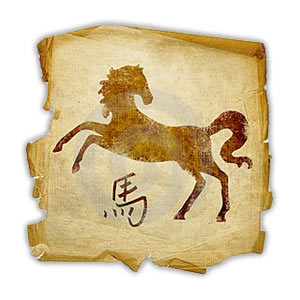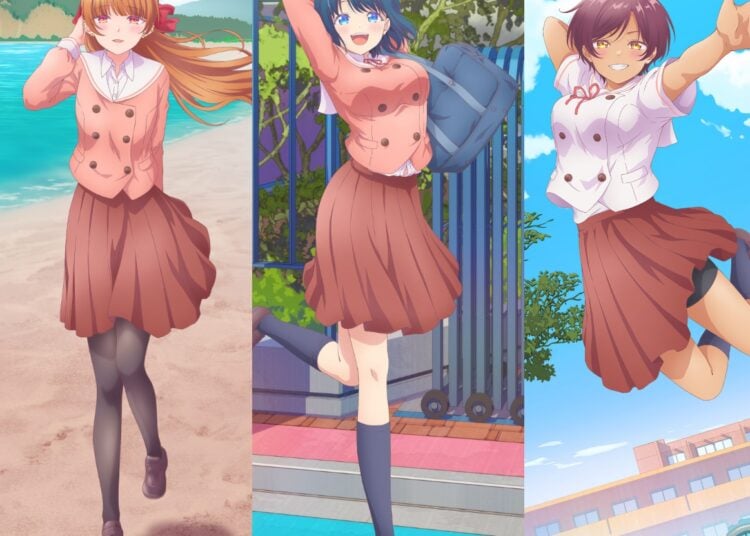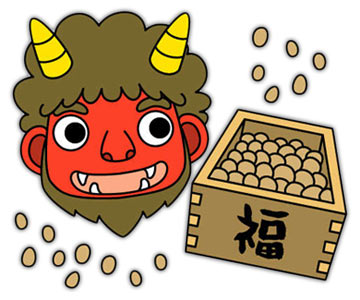The other day, I was rolling up my sleeves to start a Photoshop job, cutting out a large image so I could separate it from the background, which we find ourselves doing a lot around here. I’d gotten about five minutes into the work when suddenly the breaker went out, which caused my Mac to lose power along with all the other computers at J-List. I groaned at the prospect of starting my Photoshop job again, when Shingo (the guy who handles technical support for our dating-sim games) noticed what I was doing and said, “If you need that file with layers separated, I’ve got one in my computer.” This was a classic example of the Japanese proverb ningen banji saiou-ga-uma (nin-gen BAHN-gee sai-OH ga oo-mah), meaning “All things in life are like Sai’s horse.” This refers to an old Chinese story about a man named Sai whose horse ran away, causing everyone to be sympathetic about his bad luck. But the horse returned soon with another horse in tow, so it turned out to be good luck. Then Sai’s son fell off the new horse and broke his leg, which was bad luck — although because of his injury, he didn’t need to go off to war when his village was called to fight, so it was good luck. The moral of the story is, when something good or bad happens, no one can say for sure how it will be in the end.

One of the many tidbits of wisdom from China.















